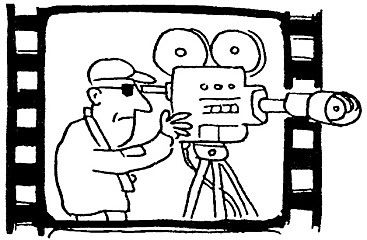The Congolese Kivu’s: No news, bad news!
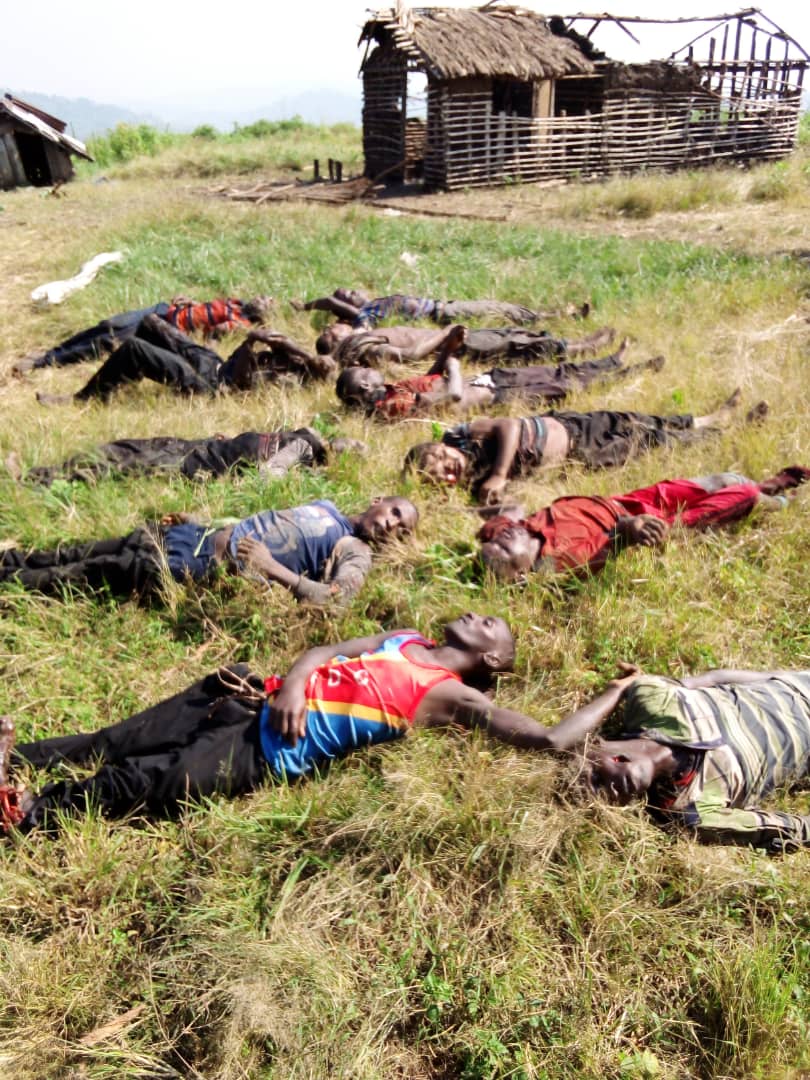
Despite the elections in the DRC, the country stayed well out of the international news headlines: war in the east stumbled on, everybody with healthy eyes in his head could witness how President Tshisekedi & co were able to turn the outcome of the recent elections into their advantage and everybody is expecting now a fierce reaction from the several opposition parties when Tshisekedi will announce his new victory. But these reactions will also be crushed down with a lot of violence, and, as most of the Congolese do not have the luxury to take a lot of time off from their daily survival struggle, the overall situation will go probably back to normal very fast. Obviously, the word ‘normal’ in DRC stands for a situation in which corruption, violence and misery have become main stream elements. With wars raging in Israel and in Ukraine, the international media and the international community already seem to be out of breath to cover yet another war and another problem in Africa. The US only tried to calm down the fighting in the East of the country by forcing the warring parties in a kind of an unwritten and undecided cease fire. The M23 was not consulted in this and the cease fire was violated several times by the FARDC. As we write this paper everybody is waiting for the official proclamation of the election results but everybody knows already that the fighting will resume in full swing after that. In this paper, we’ll try to analyze what can happen in the near future. We do not own the truth in all this and we can make mistakes but the info we are providing you might help you to understand things a little bit better.
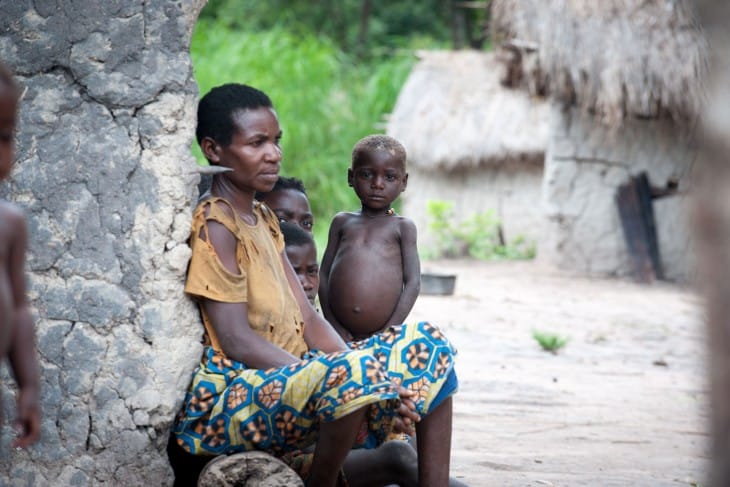
- The American initiative to install a cease fire in the Eastern Congo did not work, forcing the Congolese government to stop its collaboration with the extremist FDLR and the Rwandan government to recall its troop from Congo failed as well. The Americans came out very late with these demands. And the fact that all protagonists in the field threw them in the waist bin shows clearly that Washington is outplaying its influential power in the African Great Lakes. This period coincided with the withdrawal of the EAC-RF (East-African troops) and most of the positions they occupied were re-occupied by M23. The FARDC (Congolese army) was able to enforce its collaboration with the FDLR and its sister or brother organization from Burundi, the INBONERAKURE. The Burundian troops in DRC are now fully incorporated and operational in the ranks of the FARDC and even participate in combat missions. The CENKO, a pressure institution of the Congolese Catholic Church, already openly declared that the National elections were rigged. Opposition parties such as one of Moise Katumbi and Martin Fayulu already announced protest marches when Tshisekedi will announce himself the victor. Extra troops and security forces have been flown over to Katanga-Lubumbashi and Kinshasa to sweep those protestors off the streets.
- The Congolese government is making itself strong by claiming that very soon SADEC forces will deploy in the Kivu’s with an offensive mandate but our sources in South-Africa doubt this: they tell us that the SADEC presence will be more likely symbolic and tampon-like, just like the one of the EAC-RF. The possibility that SADEC will play an important role in the outcome of the war in the Kivu’s is very small.
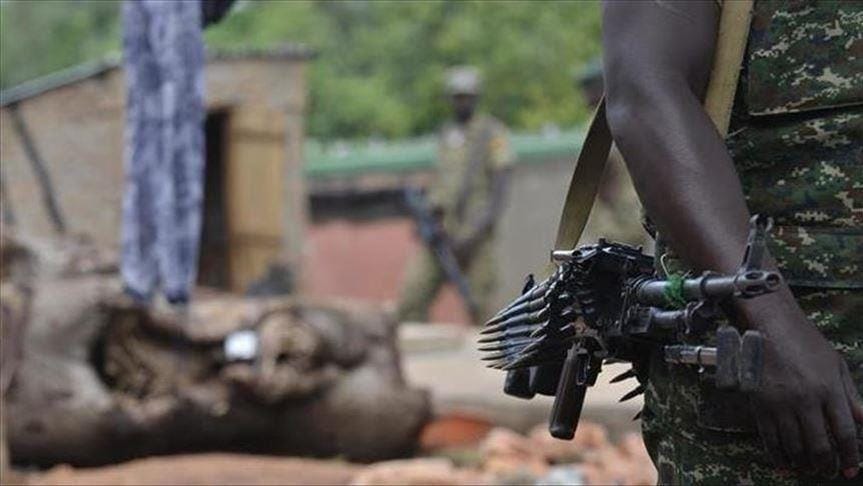
- The more important is the role that Burundian forces are playing in the DRC. In previous papers we already explained how the Burundian army moved to the DRC under the banner of the EAC and how it turned itself into a groupie fighting force for the FARDC. The Burundian president Evariste Ndayishimiye put all his eggs into the basket of the Congolese president and several foreign observers already compare his troops in the DRC with other foreign mercenaries. The Burundian president left his path of temporary diplomatic efforts and peace preaching and is now heavily involved on the side of the Wazalendo, the FDLR, other foreign mercenaries and the FARDC. He destroyed the friendly relationship he was able to forge with Rwanda and he even accused Rwanda a couple of days ago to support and to train RED TABARA rebels who are staging attacks inside Burundi and who are attacking Burundian troops in the DRC. These accusations were openly denied by Kigali. “General Neva (the Burundian president) saw that his peace efforts could not convince the outside world, that the Burundian government would behave better in the future, and could be trusted to receive new international aid,” tells us a foreign diplomat in Bujumbura. “Several sharks in his own clique were getting restless so he probably went for the gold and the dollars Tshisekedi was offering him. By falling for this cheap way out he might have started his own swan song!’ Bujumbura is a safe haven for Hutu extremists; if the war in the DRC glides into a regional one, Burundi would most probably also be attacked. And the Burundian army is no match for the much better trained, motivated and equipped RDF.
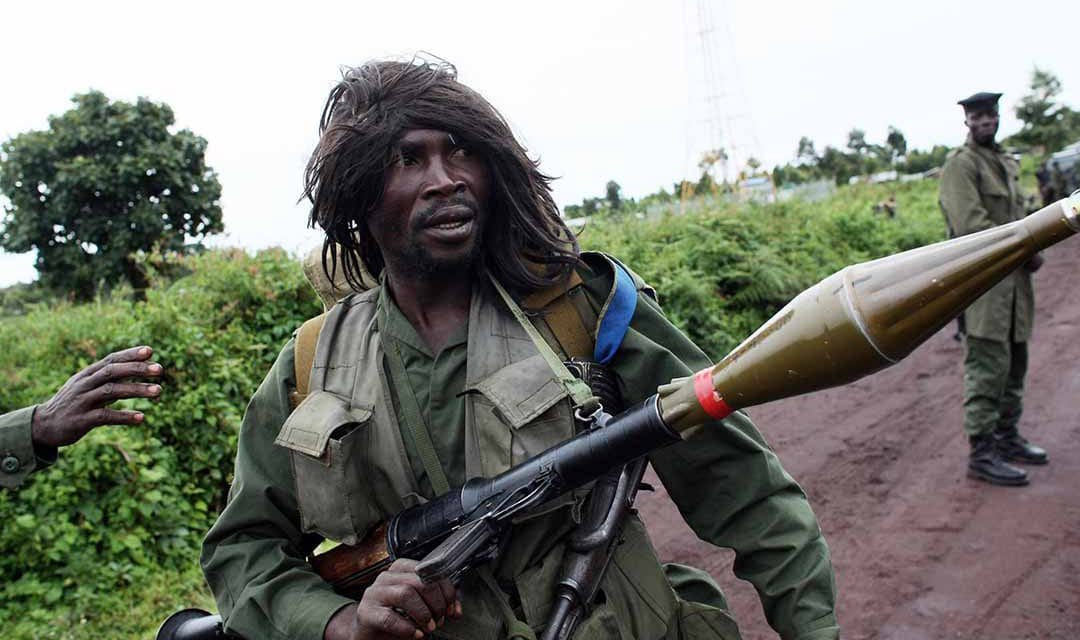
- We also believe that the alliance between Corneille Nangaa, the ex president of the Congolese electoral commission and close collaborator of Joseph Kabila, and the M23 should be taken with the necessary dose of salt and pepper. The man claims that he was able to bring approx. 300 recruits with him to re-enforce the M23 and that he is now operating out of Rutshuru. He also declared he plans to march on Kinshasa. Big words for a guy who comes out of nowhere. And the M23 might think twice to help him with that, given the fact that they learned a lot from the past, they first want to consolidate their position in the Kivu’s and bring back and protect their refugees. But “l’Alliance Fleuve Congo’ of Nangaa might be paving the way for others who will be shot of the streets on Kinshasa and Lubumbashi in a couple of days when Tshisekedi will be opening his next giant champagne bottle.
- The dynamics on the battle field in the Kivu’s have not changed during the elections. Most of the positions that were vacated by the EAC-RF were occupied again by the M23. So far, the FARDC has used their drones only a couple of times and its Sukhois were not very effective to control the rebel movement. Most of the foreign military analysts are expecting the fighting and the violence to flare up very soon. “When Kinshasa will announce the results of the elections, protests will erupt all over the country,” a military attaché of a foreign embassy in Kinshasa tells us. “Fresh violence in the Kivu’s might become a handy tool for Tshisekedi to divert the attention. This chaos could be a push in the back for the M23 as it becomes more and more clear that changes cannot be performed in the DRC under a normal democratic umbrella. Other rebel movements in the past such as the AFDL and the two RCD-Goma’s have shown that they can be more easy tools to regain access to power in Kinshasa. But this time the M23 has become weary of opportunists who want to join them with big words and too much fanfare music. But with the situation heating up in Katanga and in Kinshasa, the M23 might decide that the moment has come to take over Goma and also Bukavu to consolidate its position and to allow the refugees to come back home. In that case the FARDC would be pushed outside the region, the Wazalendo and the FDLR would become the first on the list to be dealt with and the Burundian army would be pushed back into Burundi. Another observer in Kigali is even more direct: “The conviction in Kigali and in M23 circles is growing that they can only rely on themselves to solve this problem. Those who are really following up on the events in the East of Congo and in Kinshasa have become weary of Tshisekdi’s and Muyaya’s propaganda and their narrative that Rwanda is the source of all evil in the DRC has become very weak. Tshisekedi might have won the elections, but he has definitively lost the trust of most of those who were still supporting him last year.
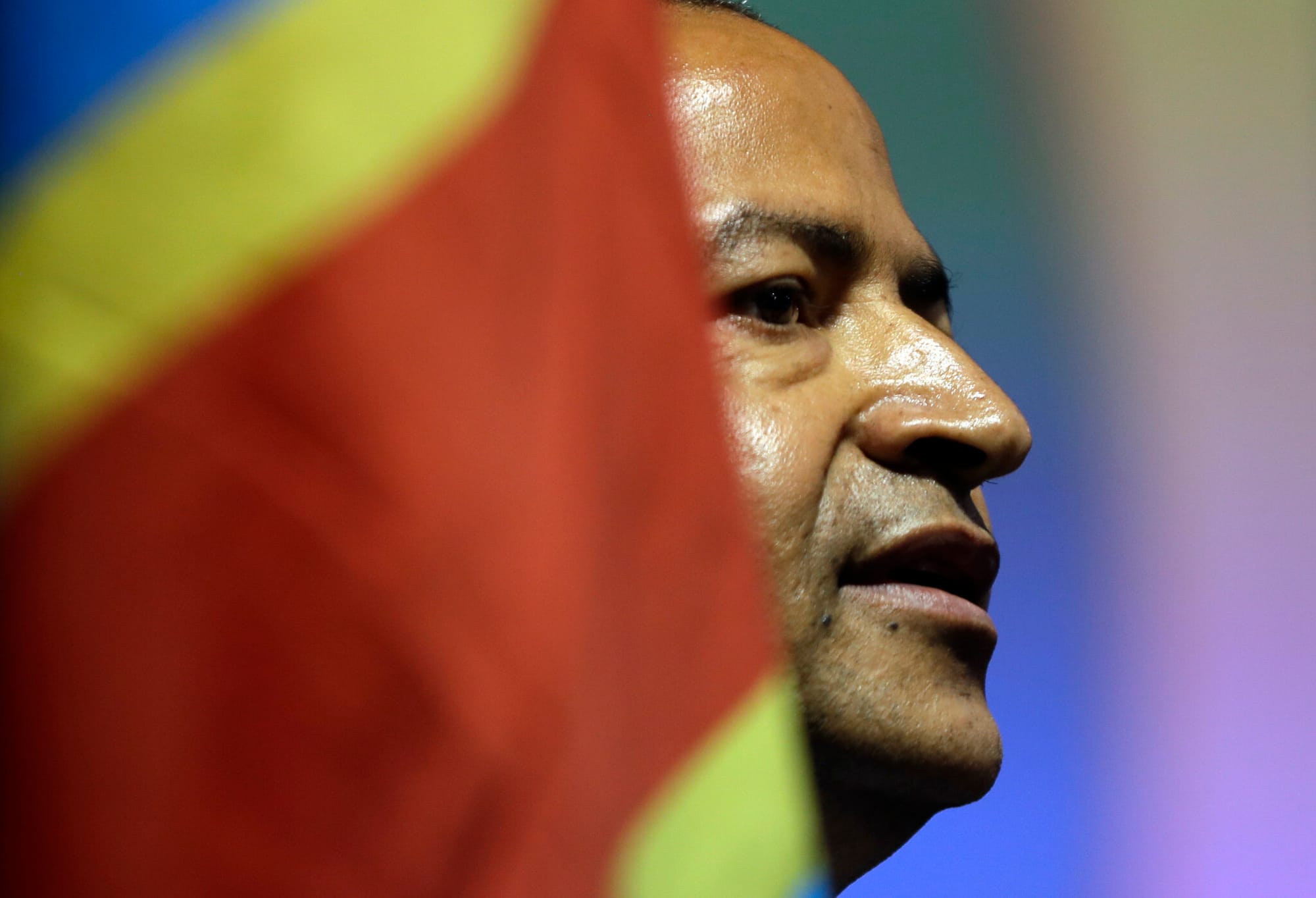
2024 will become a crucial year for the DRC; the country might collapse on its foundations and in a couple of months we might have to deal with a complete new reality of facts. The truth is that everybody saw this happening, but nobody seemed to have the guts to criticize this openly. The Congo saga also shows clearly that the old European style democracy formula is which African countries organize elections to sustain their corrupt regimes has become largely outdated. The elections in the DRC were a big joke; big parts of the country were unable to vote, the counting was rigged and corrupted and the results pulled Congo even deeper into the swamp.
Adeline Umutoni & Marc Hoogsteyns, Kivu Press Agency
